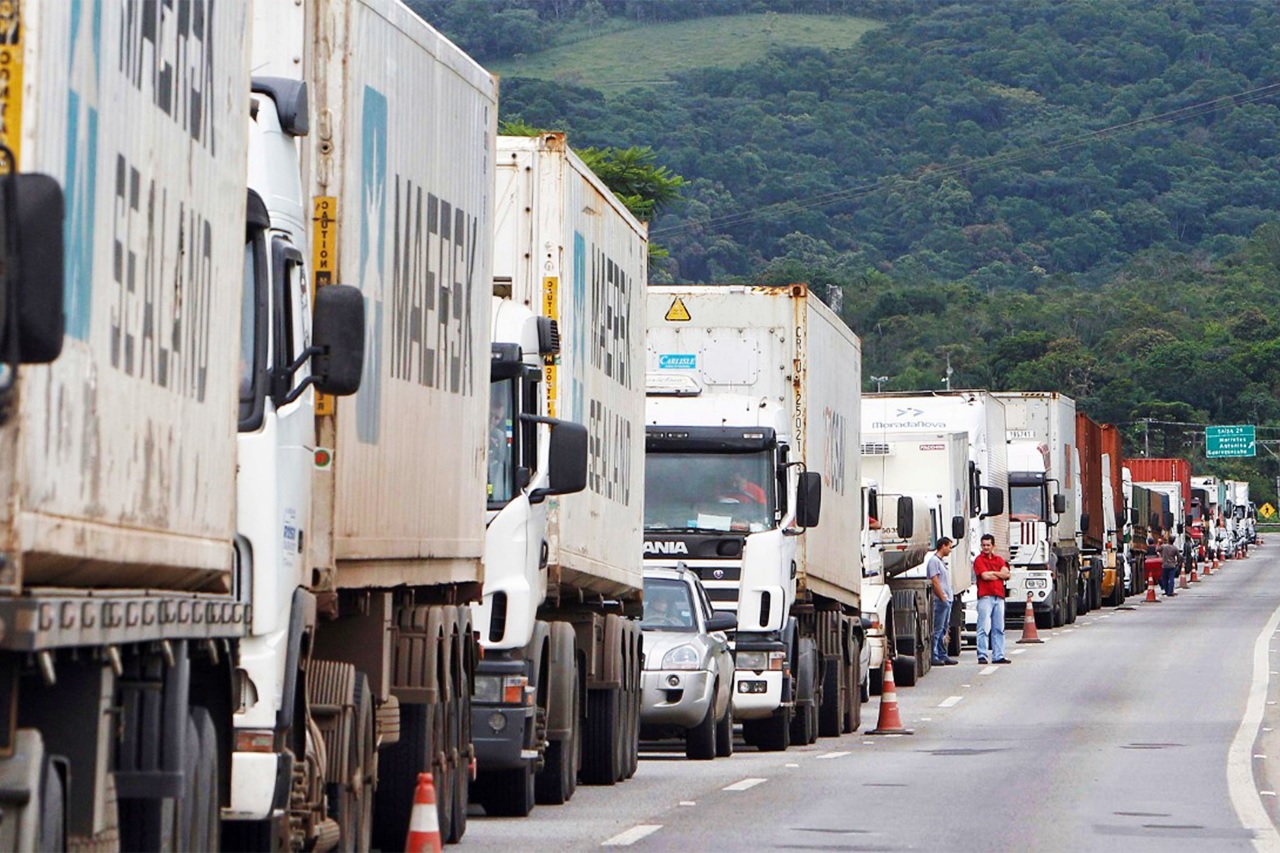RIO DE JANEIRO, BRAZIL – With new pressure from Brazilian President Jair Bolsonaro (PL) after the announcement of Petrobras’ R$44.5 billion (US$8.7 billion) profit in just three months, the federal government is studying changes in the rules of fuel price compensation in road transport charter contracts.
The model, advocated by the Chief Minister of the Civil House, Ciro Nogueira, was discussed on Thursday, May 5, at a meeting at the Civil House by the Ministry of Mines and Energy, according to Estadão.
The Executive intends to approximate the Brazilian model to the American one, guaranteeing the freight price to the truck driver at the final price when the goods are delivered. It is an attempt to reduce the risk for independent truck drivers, a group that traditionally supports the president, but that, with the rise in fuel prices, has made a lot of noise criticizing his government. Today, one of the trucker’s financial problems is volatility.

A source involved in the negotiations explains that the trucker contracts for a certain value today. But, with the variation of fuel, when the delivery arrives at its destination, the fuel value is higher. Thus, the trucker takes a loss because, during the trip, they paid more. This way, the measure would be a way for the final price to protect the trucker from volatility.
In an election year, the president’s biggest concern is the possibility of a new readjustment in the diesel price. Specialists point out that the difference in fuel prices is about 25%.
Data from the National Land Transport Agency (ANTT) indicate that, five years ago, Brazil had 919,000 independent transporters. In 2021, after the rise in fuel prices, the agency estimated that the number fell to 696,000 drivers.
The economic team seeks space in the Budget to subsidize diesel fuel strategically by the Presidential Palace, given its support for Bolsonaro.
The project is well seen by the economic area because, besides having no fiscal impact, it would already be a change in the private relationship.
In the government, the pressure for subsidies has been renewed. But the space in the spending cap is zero. The government is scrambling to accommodate new expenses that have recently entered the radar, compressing the budget space.
With information from Estadão

